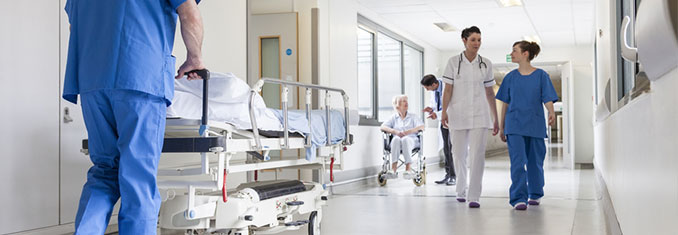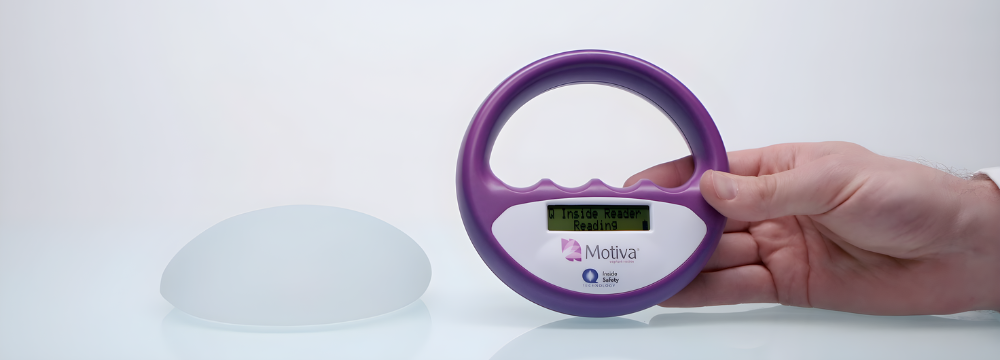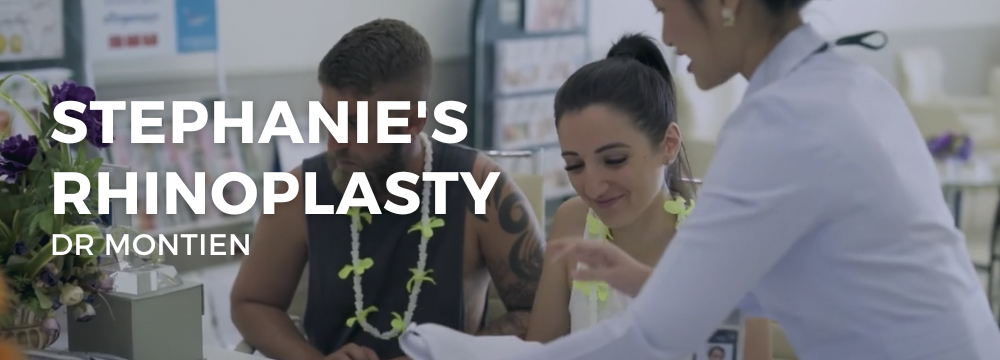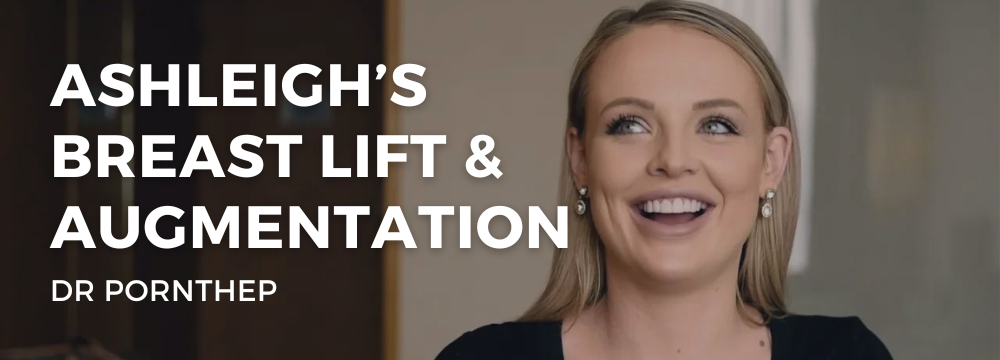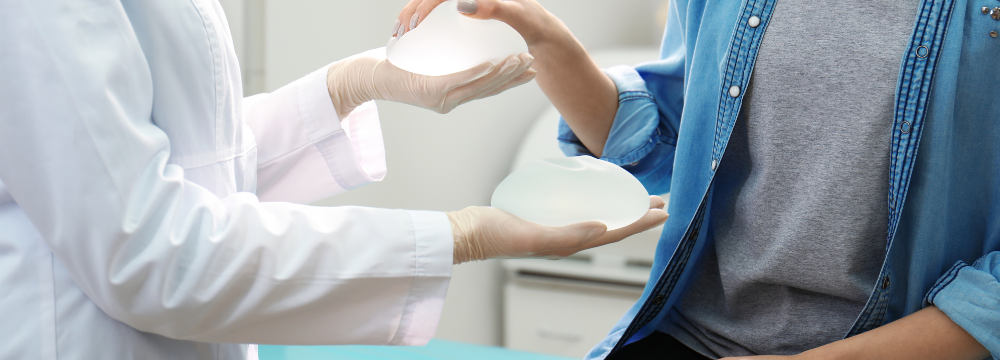Exploring your Cosmetic Surgery Options
When you’re contemplating Cosmetic Surgery, the most important thing to do is research your surgery options, which we know can be a very overwhelming process. Everyone in this position should confirm they’re in the most qualified hands and in the safest possible environment, to ensure they will receive the best result and avoid any unlikely complications. A major factor to consider is whether your surgery is performed in a Hospital or a Clinic.
Why are Hospitals safer than Cosmetic Surgery Clinics for invasive surgery?
One of the major concerns about cosmetic surgery clinics is that they are not as well equipped as hospitals to take on any major medical problems (should they occur) during surgery. Although complications during surgery are very rare, they can happen. And the best place to be if there are any complications during your surgery is in a hospital, where qualified practitioners and the necessary equipment are readily available to assist with your condition.
By confirming that your procedure is performed in a fully accredited hospital, you can gain some reassurance that you are in the safest possible environment for surgery.
Not all Anaesthesia is the same!
Another reason that some clinics are able to offer cheaper breast augmentation procedures and other treatments is that they are not accredited to offer full General Anaesthesia – where an anaesthetic ventilator is inserted in the airway of the patient while ‘asleep’ under general anaesthesia.
Instead, these clinics can only offer a combination of ‘local’ anaesthetic (injected around the surgery area) and intravenous (IV) sedation – sometimes referred to as ‘twilight sedation’. There have been cases of ‘lignocaine (lidocaine) toxicity’ with patients where they have had to be admitted to the ICU of a hospital – due to excess local anaesthetic causing an adverse reaction with the patient.
What are the Additional Risks?
Cosmetic Surgery is still surgery. And like any surgery, it carries risks. An Australian woman recently experienced first hand the risks of undertaking cosmetic surgery in a clinic. The patient went into a cardiac arrest whilst undergoing a Breast Augmentation procedure with a Cosmetic Surgeon at a cosmetic surgery clinic in Australia earlier this year. The staff at the clinic were required to call an ambulance and have the woman transported by ambulance to the emergency ward in a major hospital. A potential cause cited by the clinic was the possibility that an artery had been pierced with one of the local anaesthetic injections. Added to the increased likelihood of lignocaine toxic poisoning with local anaesthesia, why take the risk?
What is the best way to reduce the risks associated with surgery?
The best way to reduce the risks when undergoing surgery is to ensure your surgery is conducted in the safest possible medical environment. That will be at a fully accredited hospital, with a qualified specialist surgeon and specialist anaesthetist and the full range of medical and emergency equipment if something should go wrong. Ensuring your surgery is performed by a Plastic Surgeon who has more specialist surgical training than a Cosmetic Doctor, is another major consideration. (Click here to see more about plastic and cosmetic surgeons)
Not all Hospitals are the same!
At CosMediTour we place our client’s health and safety as our top priority, therefore all of our treatments are performed at JCI Accredited Hospitals in Thailand (JCI is the American ‘Gold Standard’ for hospital accreditation), and at an ACHS accredited Hospital in Australia. All our invasive surgery procedures are performed under General Anaesthesia with a fully qualified specialist Anaesthetist in attendance throughout your surgery and until you have recovered and are awake.
Further Reading:
- Myths about Plastic Surgery in Thailand
- Plastic Surgeons vs. Cosmetic Surgeons
- General Anaesthesia vs. Twilight Sedation
- Is Thailand Safe for Cosmetic Surgery?
Disclaimer: Please note any information provided should be used only as an information guide and not CosMediTour giving advice. Please ensure you do your own valid surgery research and seek advice from a general practitioner to enable you to be fully informed about surgery.
